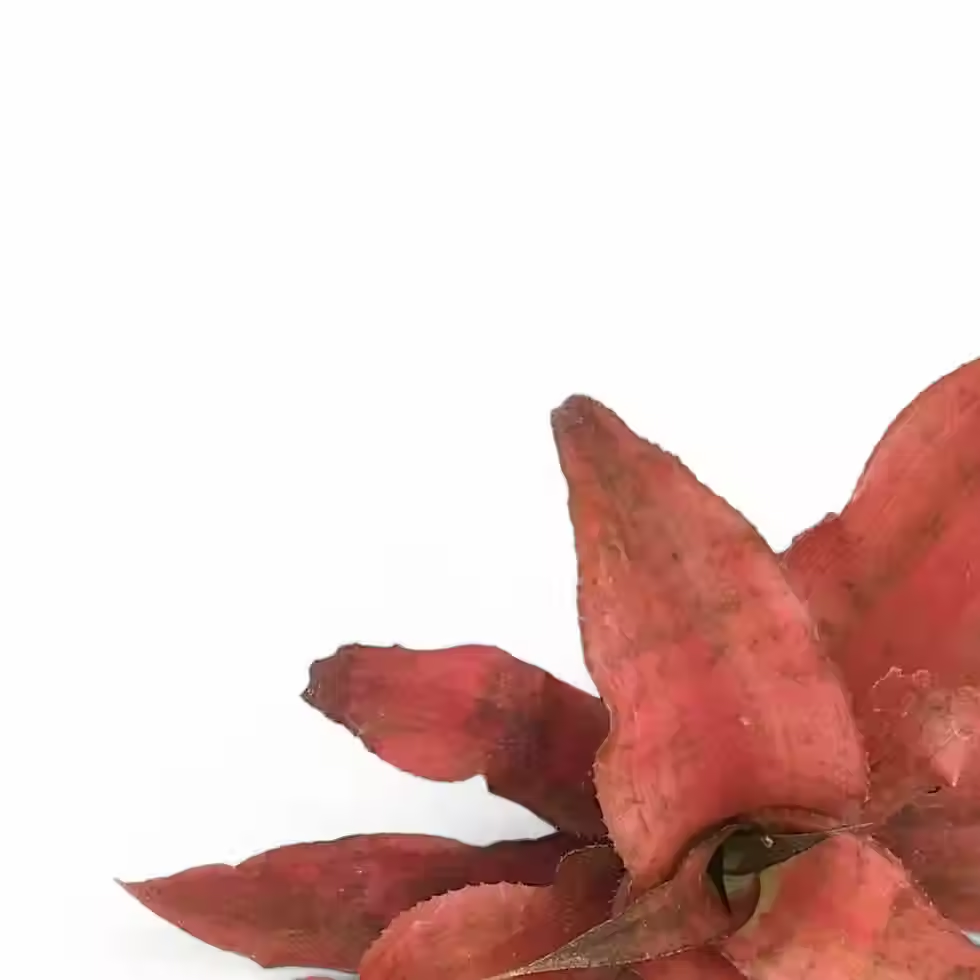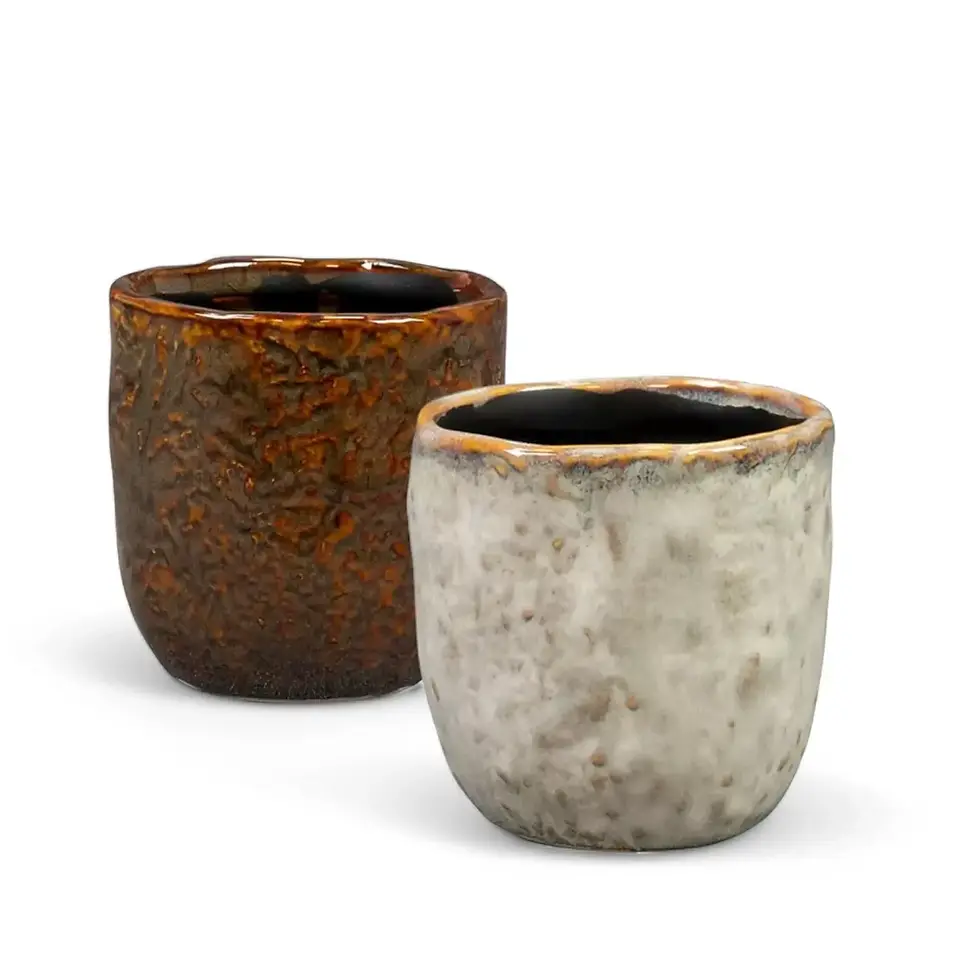Syngonium podophyllum 'Mouse Ears' - Information and Care
Syngonium podophyllum 'Mouse Ears' captivates with its compact, frosted green leaves edged in dark green. As this plant matures, the juvenile foliage, which displays a more pronounced green color, gradually transitions into a more sophisticated appearance, creating an eye-catching contrast. This variety is perfect for those who appreciate subtle changes in foliage over time.
Key Features of Syngonium podophyllum 'Mouse Ears'
- Unique Foliage: Compact leaves with a frosted green center and darker edges.
- Gradual Transformation: Young leaves appear bright green and deepen in contrast as they mature.
- Compact Growth Habit: Ideal for small spaces, shelves, or as a trailing plant in hanging baskets.
- Easy to Care For: Low-maintenance and adaptable to various indoor environments.
- Native Origins: Found in the tropical forest floors of Central and South America.
How to Care for Syngonium podophyllum 'Mouse Ears'
→ Light Requirements
- Bright, Indirect Light: Ideal for maintaining its distinct leaf coloration.
- Tolerates Lower Light: Growth may slow, but the plant remains healthy.
- Avoid Direct Sunlight: Prevents leaf scorching and discoloration.
→ Watering Needs
- Water When Soil is Partially Dry: Allow the top 1-2 cm to dry out between waterings.
- Consistent Moisture: Soil should remain slightly damp but never soggy.
→ Humidity and Temperature
- Moderate to High Humidity: Thrives in 50-70% humidity levels but adapts to standard household conditions.
- Temperature Range: Prefers 18-27°C. Keep away from cold drafts and direct heat sources.
→ Soil and Repotting
- Well-Draining Soil: A mix of perlite, and orchid bark ensures proper aeration.
- Repot Every 1-2 Years: Refresh the soil and provide space for root growth.
- Choose a Pot with Drainage: Prevents excess water retention and root issues.
→ Fertilization
- Monthly Feeding: Apply a balanced liquid fertilizer during active growth periods.
- Avoid Over-Fertilization: Prevents salt buildup in the soil.
→ Propagation
- Stem Cuttings: Take a cutting with a node and root it in water or moist soil.
- Hydroponic Adaptability: Thrives in semi-hydroponic setups with LECA or perlite.
→ Pruning and Maintenance
- Regular Pruning: Encourages bushier growth and maintains shape.
- Leaf Cleaning: Wipe leaves with a damp cloth or microfiber dusting gloves for plants to remove dust and improve photosynthesis.
Common Issues and Solutions for Syngonium podophyllum 'Mouse Ears'
→ Pests
- Spider Mites, Aphids, and Mealybugs: Inspect leaves regularly. Treat infestations with insecticidal soap , neem oil, or use beneficial insects.
→ Leaf Problems
- Yellowing Leaves: Usually caused by overwatering. Allow soil to dry slightly between waterings.
- Drooping Leaves: May indicate underwatering or temperature fluctuations.
→ Root Rot
- Prevent with Well-Draining Soil: Ensure the pot has drainage holes.
- Trim Affected Roots: Repot in fresh, dry soil if root rot occurs.
Extra Tips for Thriving Syngonium podophyllum 'Mouse Ears'
- Use a Moss Pole: Encourages vertical growth and larger leaves.
- Rotate the Plant: Ensures even light distribution for balanced growth.
- Maintain Consistent Conditions: Avoid sudden changes in light, humidity, or temperature.
Interesting Facts About Syngonium podophyllum 'Mouse Ears'
The name Syngonium comes from the Greek words "syn" (together) and "gone" (joint), referring to its fused ovaries. The 'Mouse Ears' cultivar is particularly loved for its compact foliage, subtle color shifts, and easy-growing nature.
Frequently Asked Questions (FAQ)
- Is Syngonium 'Mouse Ears' toxic to pets? Yes, it contains calcium oxalate crystals and should be kept out of reach of pets and children.
- How often should I water my Syngonium 'Mouse Ears'? Water when the top 1-2 cm of soil is dry. Ensure the pot has proper drainage.
- Does Syngonium 'Mouse Ears' need support to grow? It can be grown as a trailing plant or supported with a moss pole to encourage climbing.
Add Syngonium podophyllum 'Mouse Ears' to Your Collection Today!
Bring home this unique, compact Syngonium today. Its low-maintenance nature and striking foliage make it a perfect addition to any indoor plant collection. Order now and enjoy its beauty year-round!
Syngonium podophyllum 'Mouse Ears'
Syngonium podophyllum 'Mouse Ears' comes in a ⌀ 12 cm pot and is approximately 25 cm tall

























































